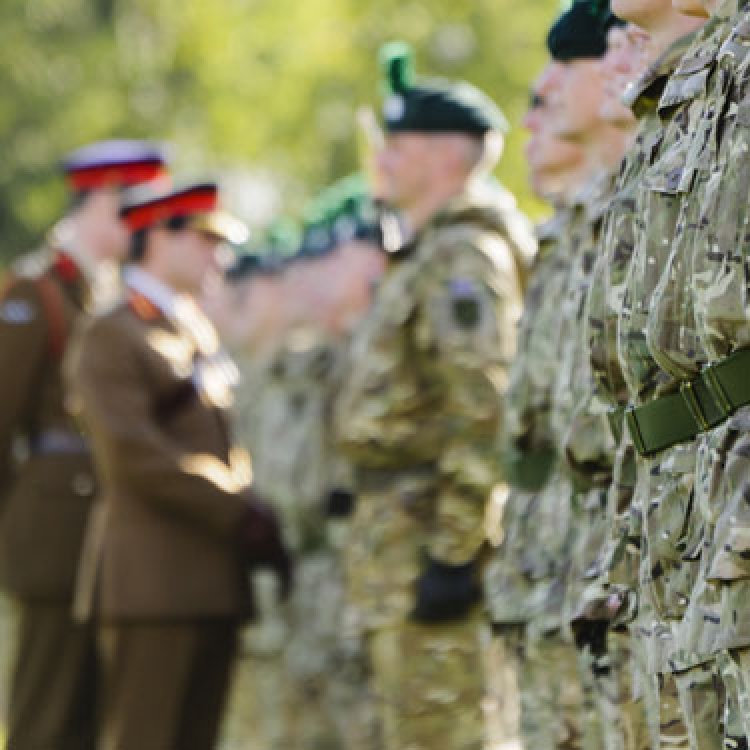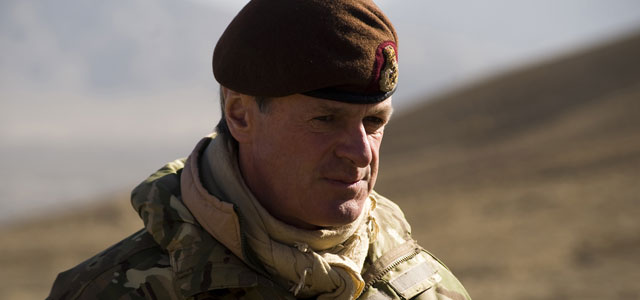"In the military there is no such thing as delegating risk"

Lessons from the front line: Airmic members hear what business leaders can learn from the military's approach to risk management at a lecture from one of Britain's most experienced generals.
The job of a risk manager and that of a military commander may seem worlds apart but there are striking parallels, according to General Sir Richard David Shirreff KCB, CBE, formerly one of Britain's most senior military personnel. Speaking at the latest Airmic evening lecture last month, he said there are many lessons for boardrooms to be drawn from managing risk on the front line.
"In the military, there is no such thing as delegating risk. Every commander is his or her own risk manager," he told the audience of Airmic members in the Aon Centre in the City of London. "You have to think strategically, manage multiple risks and navigate a complex political environment."
Throughout his talk, Sir Richard stressed the importance of agility. On the front line, as in the business world, he said, you can never predict the future or control chaos. You therefore have to be able to "adjust strategy to take into account unforeseeable events".
Furthermore, while planning is important, it is crucial not to be tied to pre-agreed arrangements: "A properly thought-through campaign plan is crucial to manage risks. However, it is not the plan that matters but the planning. You need to stay agile."

General Sir Richard David Shirreff KCB, CBE
Sir Richard painted a chilling picture of the international scene, arguing that Russia "poses an existential threat to us all" and that there is a greater threat of war in Europe than in any time since the Second World War. He also warned about the impact of a lack of unity in the international community. "Peace is not a default setting. It is precious and fragile and needs to be worked for," he said.
During his extensive military career, which spanned five decades, he said military campaigns had undoubtedly become more complex as the nature of warfare has evolved. Just as in business it has become vital to manage reputation among stakeholders, in the military, winning hearts and minds has become central to any strategy. "This means a people-centric approach to campaigns, strategy and risk management," he argued.
Other notable similarities between managing risk in business and in the battle field include the importance of scenario testing, taking an integrated view on risk to avoid silos, and ensuring leaders avoid "group think", Sir Richard explained. And one of the greatest lessons of his military career is the importance of analysing mistakes. "Learning from failure can be more valuable than learning from success," he said.
